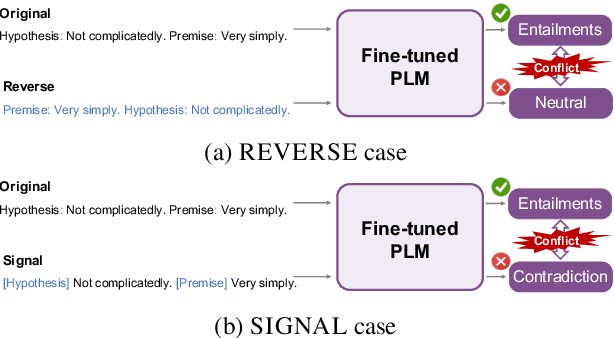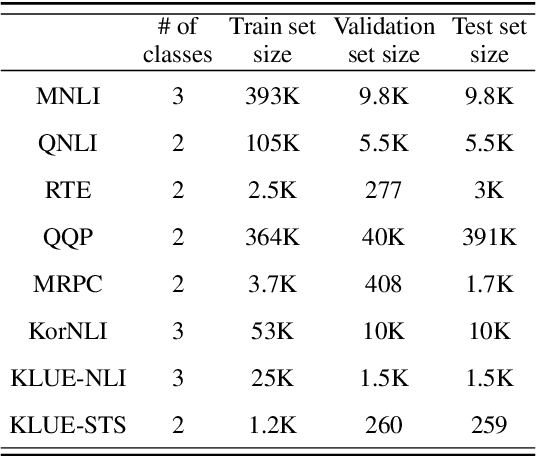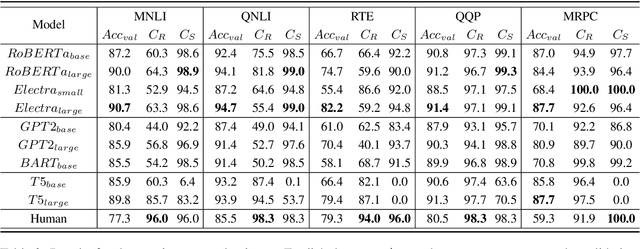Accurate, yet inconsistent? Consistency Analysis on Language Understanding Models
Paper and Code
Aug 15, 2021



Consistency, which refers to the capability of generating the same predictions for semantically similar contexts, is a highly desirable property for a sound language understanding model. Although recent pretrained language models (PLMs) deliver outstanding performance in various downstream tasks, they should exhibit consistent behaviour provided the models truly understand language. In this paper, we propose a simple framework named consistency analysis on language understanding models (CALUM)} to evaluate the model's lower-bound consistency ability. Through experiments, we confirmed that current PLMs are prone to generate inconsistent predictions even for semantically identical inputs. We also observed that multi-task training with paraphrase identification tasks is of benefit to improve consistency, increasing the consistency by 13% on average.
 Add to Chrome
Add to Chrome Add to Firefox
Add to Firefox Add to Edge
Add to Edge